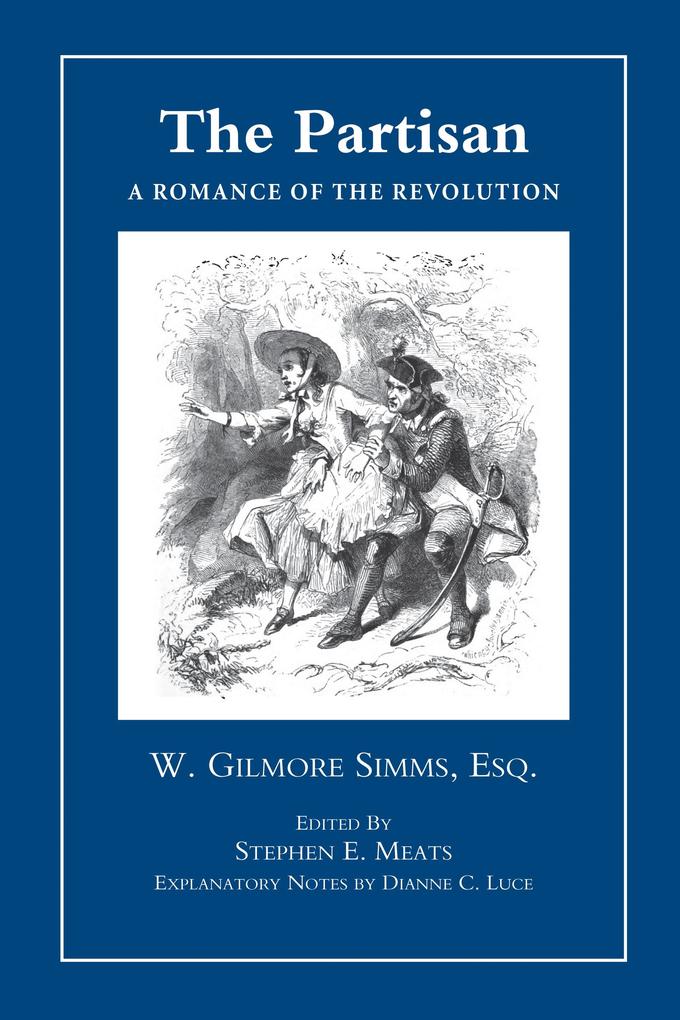
Sofort lieferbar (Download)
The writings of William Gilmore Simms (1806-1870) provide a sweeping fictional portrait of the colonial and antebellum South in all of its regional diversity. Simms's account of the region is more comprehensive than that of any other author of his time; he treats the major intellectual and social issues of the South and depicts the bonds and tensions among all of its inhabitants. By the mid-1840s Simms's novels were so well known that Edgar Allan Poe could call him "e; the best novelist which this country has, on the whole, produced. "e; The thirteenth volume in the ongoing Arkansas Edition of the works of Simms, The Partisan is the first in order of publication of Simms's Revolutionary War romances. Although Simms took advantage of the novelist's prerogative to invent characters and events for his saga, he did so with a historian's eye, making extensive use of official histories; letters, diaries, and other documents; family traditions; and unpublished and published memoirs. Simms gives human interest to the novel's historical framework with two love triangles, mixing romantic conventions with gritty realism that outlines the four classes of Simms's ideal society. The Partisan is also remarkable among Simms's work for its use of symbols, indicating, perhaps, a new intention for the novel. The result is a satisfying work of literary art enlivened with adventure and humor while remaining true to the history behind it.
Produktdetails
Erscheinungsdatum
01. Oktober 2011
Sprache
englisch
Seitenanzahl
586
Dateigröße
3,46 MB
Autor/Autorin
Simms William Gilmore Simms
Herausgegeben von
West James L. W. West, Meats Stephen E. Meats
Verlag/Hersteller
Kopierschutz
mit Adobe-DRM-Kopierschutz
Family Sharing
Ja
Produktart
EBOOK
Dateiformat
PDF
ISBN
9781610754811
Entdecken Sie mehr
Bewertungen
0 Bewertungen
Es wurden noch keine Bewertungen abgegeben. Schreiben Sie die erste Bewertung zu "Partisan" und helfen Sie damit anderen bei der Kaufentscheidung.








